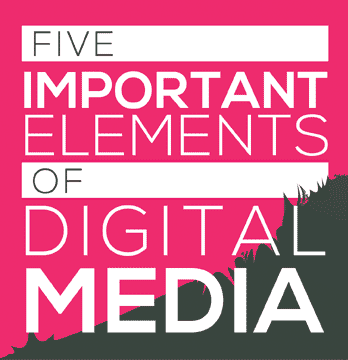
MOHAMED MAO
I’m the president and founder at Mao|Marketing. When I’m not hard at work, I enjoy writing short articles.
Businesses can easily keep track on what consumers buy, however, answering the “why” is a bit more challenging. Have you ever asked yourself why we prefer to buy some products over others? The new study of neuromarketing is helping unfold these untold mysteries of consumer choice.
In traditional market-research and analysis, data is gathered, assessed and analyzed in order to determine the right product choice for consumers. Although this method works effectively, it lacks the understanding of how this choice is processed in the brain.
MRI analysis suggests that the consumer’s personal preferences (before seeing the products) actually contradict their actual choice on site. (Study conducted by a young Dutch designer, Merel Bekking along with neuroscientists in Amsterdam)

‘’The results clearly show that what individuals think they prefer doesn’t match the real preferences of their brain.”
Merel Bekking

Photo courtesy of: http://www.danzfamily.com/
In the year 2008, Frito-Lay, a giant junk-food manufacturer based in the US hired a neuromarketing firm to determine how consumers would react to their Cheetos Cheese Puffs. The firm concluded that consumers reacted well to the cheese residue left on their fingers by licking it off, something generally seen as “messy” and uncomfortable. However in this study, consumers, regardless of their age, actually looked forward to cleaning off the attractive cheesy residue left on their fingers.
As of recently, there has been a tremendous amount of investment poured into the study of neuromarketing. Corporations have especially taken interest in further understanding of the complex human brain and how choices are processed. As a result, these corporations can prep for more suitable products in accordance to neuromarketing as opposed to what consumers “think they want”.

“I only need to know how your brain works”
Share this article with your friends on social media




